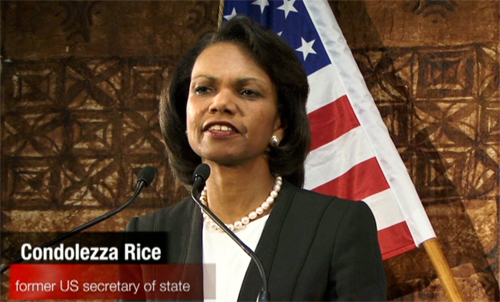
This dissertation consists of two parts: a creative component and written exegesis. The exegesis is designed as a companion document to a creative documentary film. The dissertation's research is communicated through the documentary, which is of feature film length, titled Morality of Argument - sustaining a state of being nuclear free.
The documentary is designed as a vessel within which the findings of research, interview data and interpretative media are communicated and expressed. The dissertation endeavored to discover what remains of the nuclear free policy that was so central to the Labour Party of the 1980s, and indeed whether the policy's ethos and application is as relevant today and into the millenium as it was on its ascendancy into law as the New Zealand Nuclear Free Zone Disarmament and Arms Control Act 1987. It conveys its discoveries by structuring argument emanating from four key interviewees who choose to stand apart from political party influence and seek value in subscribing to an independent position when analysing the nuclear free issue.
The exegesis takes an evaluative, reflexive, approach exploring the challenge to create a feature length documentary film within a budget of $500, with limited equipment, and with one sole individual mulitasking in all production and post-production tasks. The exegesis details challenges (technical and journalistic) that presented along the way and details solutions that were decided upon that ensured the documentary would be completed professional journalism standard.
Manning, Selwyn (2010). Morality of argument: sustaining a state of being nuclear free. Unpublished Bachelor of Communication Studies (Hons) dissertation exegesis and documentary, Pacific Media Centre, School of Communication Studies, AUT University, Catalogue@AUTLibrary http://aut.lconz.ac.nz/vwebv/holdingsInfo?bibId=1464261


